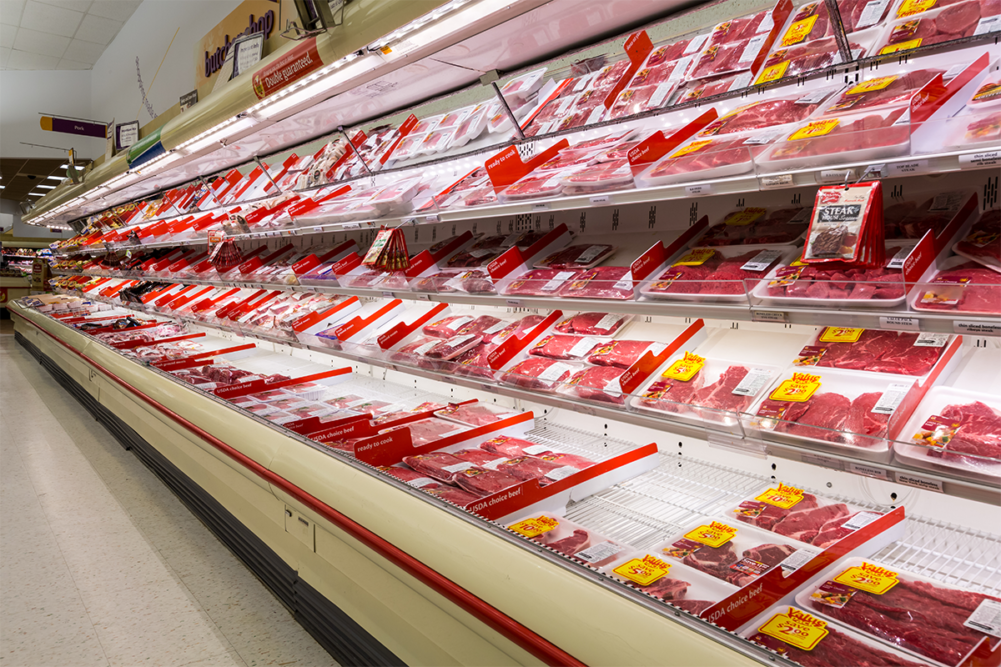WASHINGTON — Senator Roger Marshall (R-Kan.) and Representatives Mark Alford (R-Mo.), Roger Williams (R-Texas), Don Davis (D-NC) and Jonathon Jackson (D-Ill.) introduced legislation on Jan. 30 that would define “imitation meat” and “imitation poultry” and require labeling for such products along with cultivated meat.
The Fair and Accurate Ingredient Representation of Labels Act of 2024 (FAIR Labels Act) would require products like plant-based meat and substitute protein products to be labeled as “imitation” meat. Likewise, cultivated meat products would need to be labeled as “cell-cultured” or “lab-grown.”
The bill directs the US Department of Agriculture (USDA) and the Food and Drug Administration (FDA) to oversee the labeling and inspection standards of the products.
“The American consumer deserves to know what they are eating and feeding their families,” said Representative Alford, who led the legislation. “Whether they choose protein substitutes like plant-based or lab-grown protein or traditionally raised meat, the product should be labeled clearly. Farmers and ranchers across the country work from sun-up to sun-down to produce high-quality and nutritious meat for consumers. It is only fair that all products are labeled fairly.”
The National Cattlemen’s Beef Association (NCBA) voiced its support for the FAIR Label Act.
“America’s farmers and ranchers work hard every day to bring a high-quality, wholesome product to market. We’re not afraid of a little competition, but it is unfair for lab grown or plant-based fake meat products to trade on beef’s good name,” said NCBA President Todd Wilkinson, a South Dakota cattle producer. “This bill is especially important for ensuring that consumers recognize lab-grown products that may be coming to market in the future. Consumers deserve to know how their food is made and to understand that lab-grown products made in a bioreactor are not the same as the high-quality beef raised by farmers and ranchers.”
The bill was also endorsed by the National Chicken Council, the National Pork Producers Council, the American Sheep Industry and the National Association of the State Departments of Agriculture, among others.


